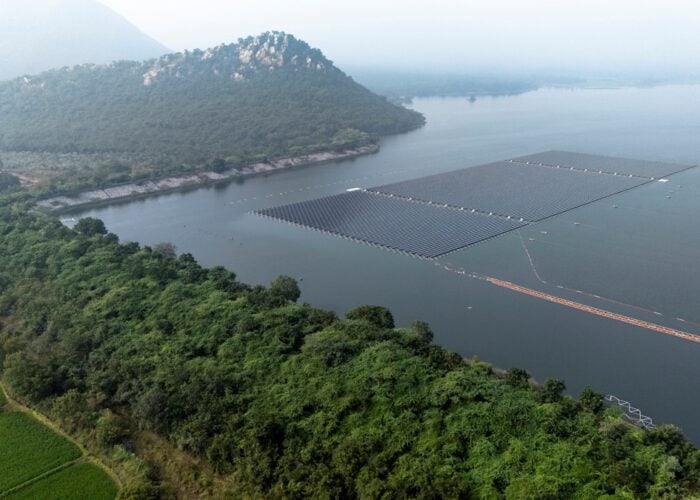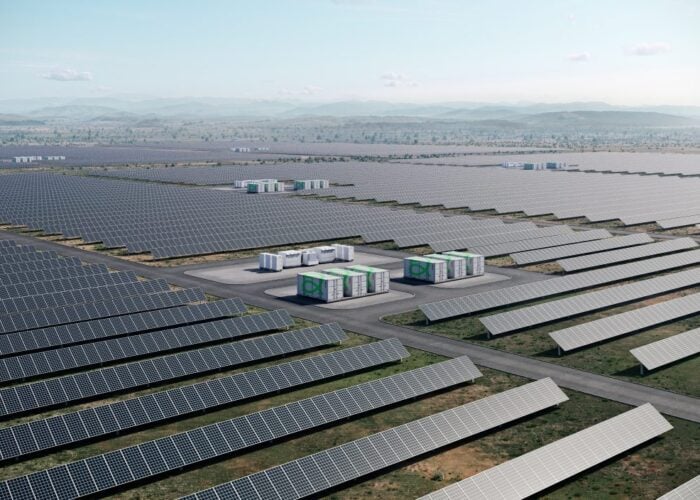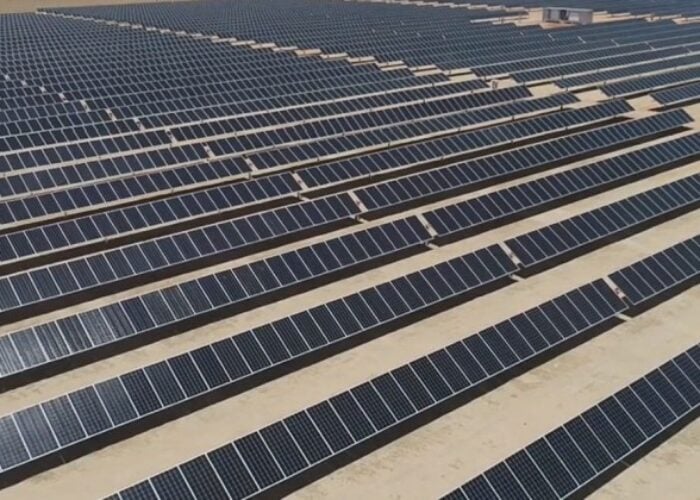Clean energy consultant, Mercom Capital, has readjusted its forecast for 2014 solar installations in India from 1GW to 900MW in its quarterly update of the Indian Solar market.
The updated prediction follows the national election, the dismissal of anti-dumping duties (ADD), and the announcement of the second batch of the second phase of the JNNSM national solar mission.
Try Premium for just $1
- Full premium access for the first month at only $1
- Converts to an annual rate after 30 days unless cancelled
- Cancel anytime during the trial period
Premium Benefits
- Expert industry analysis and interviews
- Digital access to PV Tech Power journal
- Exclusive event discounts
Or get the full Premium subscription right away
Or continue reading this article for free
Mercom said that as the deadline to impose anti-dumping duties had passed, the industry is “collectively breathing a sigh of relief that a potential disaster has been averted”.
With ADD now out of the way, the clarity will “help put the solar industry back on track for sustainable, long-term growth,” said Raj Prabhu, CEO and co-founder of Mercom Capital Group.
But Mercom’s resport said the “entirely avoidable drama” of possible duties had brought development in India “to a standstill”, hence the slightly lower forecast for the year.
Nonetheless, India has managed to install 500MW this year so far, according to Mercom’s market update.
This year will be the third year in a row that installations in India will average around the 1GW mark, Mercom said.
Mercom was critical of the conflicting stances on duties taken by different parts of the Indian government. With the Trade and Commerce Ministry proposing duties on behalf of lobbying manufacturers, but the Renewable Energy Ministry opposing them, the dispute had given the negative impression that both government and industry are “out of touch” with citizens suffering daily blackouts, Mercom said.
But on a more positive note, Mercom alluded to the fact that the government has assured struggling domestic manufacturers a guaranteed market through domestic content requirements in government solar programmes, to make up for the lack of duties.
Last week the minister for power, coal, new and renewable energy, Shri Piyush Goyal told developers, manufacturers and stakeholders that the government will provide full support for domestic solar manufacturing.
“Renewable power is the future of the country and will be supported fully,” a statement from the government’s press bureau stated.
The minister assured that whatever domestic cell and module capacities are available, an adequate market would be “made available so that they can not only run their factories to full capacity but they can also expand manufacturing capacity”.






